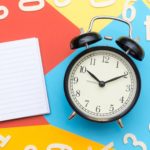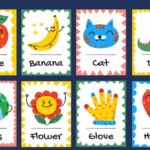Social studies lessons are often the longest, with a single lesson spanning several pages of text. Exams can be even longer. Without a good study method, learning can be a slow and forgetful process. Check out these tips to help you learn faster and remember more.
1 Break Down the Lesson into Smaller Parts
For lengthy social studies lessons, the amount of content can be overwhelming. To make it more manageable, break down the lesson into smaller sections. This makes the lesson appear shorter and easier to memorize. Once you’ve mastered each individual part, put them all together to form the complete lesson.
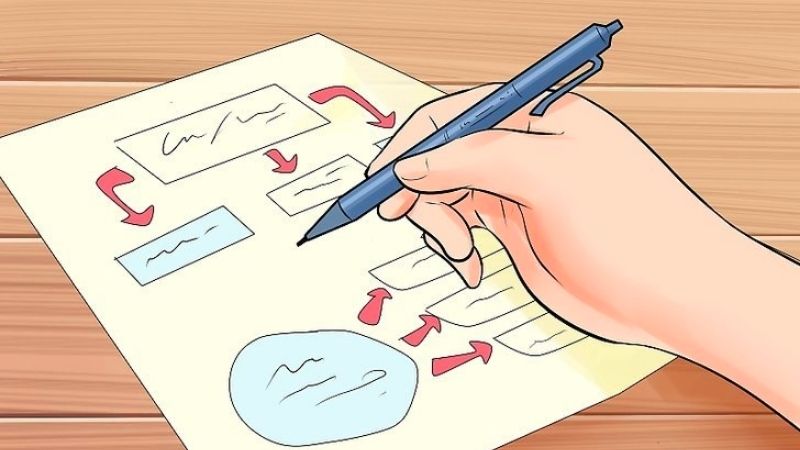 Break down the lesson into manageable chunks
Break down the lesson into manageable chunks
Reference: A collection of 80 meaningful quotes to inspire students.
2 Summarize the Main Points
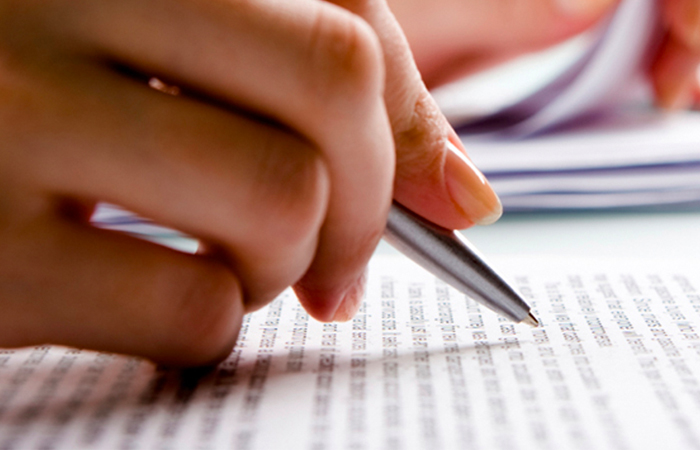
Another effective technique is to summarize the main points of the lesson. Start by memorizing the title, as it encapsulates the entire lesson. Then, focus on the major sections and identify the key points within each. Instead of trying to memorize every word, grasping the main ideas will help you retain half the lesson and improve your long-term memory.
3 Write Down Key Points While Studying
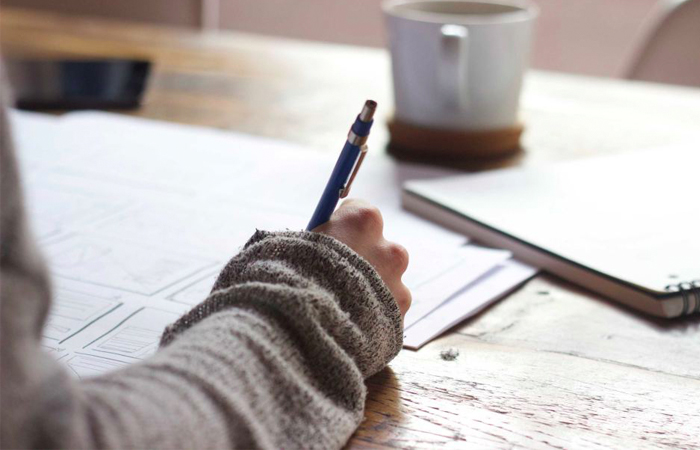
Keep a pen and an A4 paper handy while studying. Develop the habit of writing down the key points as you go along. This study-and-write approach enhances memory retention and speeds up memorization.
After completing each lesson, file away the A4 paper. When it’s time for an exam or test, simply review your notes to refresh your memory.
4 Recap the Lesson Before Bed
Recapping the lesson is a great way to reinforce what you’ve learned and improve long-term memory. Before going to bed, prepare the subjects you plan to study the next day, and then recite the lesson you covered earlier. If you forget something, try to recall it without looking at the book. If you still can’t remember, then refer back to the book.
 Recap the lesson before going to bed
Recap the lesson before going to bed
5 Create a Conducive Environment

Environment matters.
Choose a quiet and breezy place to study, such as a park, a garden, or your own room. Avoid overly quiet places that may induce sleepiness. Feel free to sit, lie down, or walk around—whatever makes you feel most comfortable.
Timing is also crucial. Everyone has different times of the day when they are most receptive to learning. Some people learn best in the evening, while others prefer the early morning. Find the time that works best for you and make it your regular study time.
6 Maintain a Relaxed Mindset

Before you start studying, ensure you’re in a relaxed state of mind, free from anxiety or worry. Focus solely on your studies to enhance memory retention and long-term recall.
Additionally, nourish your body with a glass of milk or a refreshing drink to stay alert during study sessions.
7 Form a Study Group
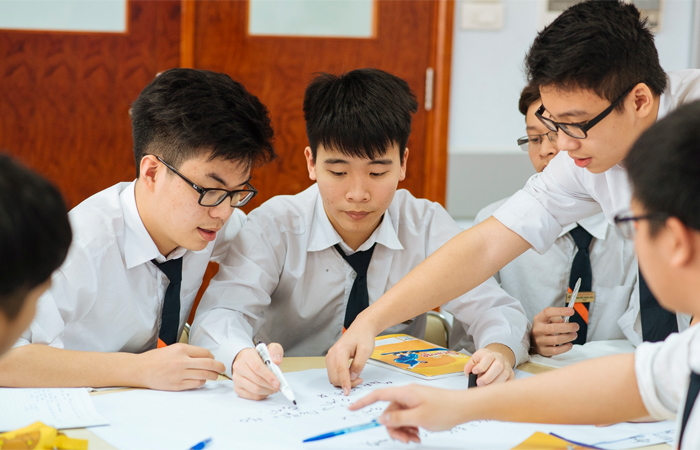
Many students find study groups beneficial for improving memory retention and making learning more enjoyable. However, it’s important to maintain a serious attitude and choose group members who are diligent and academically strong. Studying with motivated and high-achieving peers can inspire you to reach new heights.
Try implementing these strategies into your study routine and watch your academic performance soar.


























